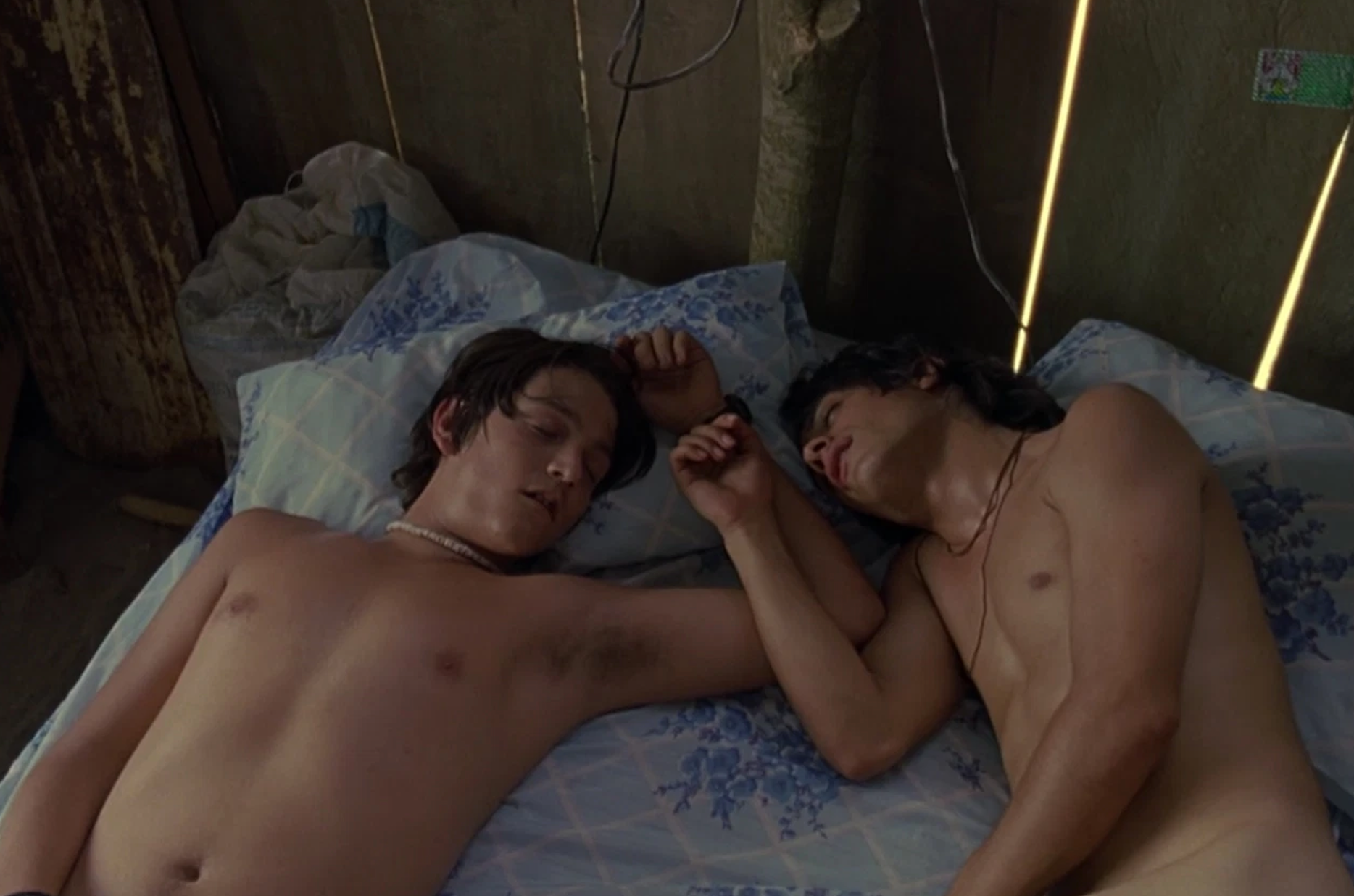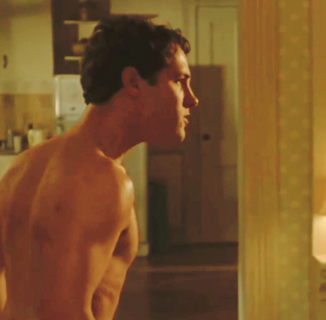Y Tu Mamá También, true to its polyamorous subject matter, was a film that accomplished many things at once. It was a movie about aimless journeys, masculine rivalry and attraction, class division, political unrest, sexual liberation, existential crises, and mortality. All of that, and truly unforgettable cinematography.
For those who have not seen it—first of all, put your phone down and rectify that immediately—the film follows two teenage boys who try to convince an older woman to go on a trip with them to a made-up beach called “Boca del Cielo.” When she surprises them by accepting, they set off on a road trip through rural Mexico, hoping to stumble on some beach that will make an adequate substitute. Along the way, she seduces each of them, and eventually, they seduce each other. All of this takes place under the backdrop of Mexico’s transition to a tentative democracy.
At the time of its release, the film faced censorship from the Mexican government for its frank treatment of sexuality, but it managed a breakaway critical and commercial success regardless. Now twenty years later, the cast and crew reminisce on the film’s legacy in interviews with The New York Times.
Alfonso Cuarón had directed before, but Y Tu Mamá También was his first foray into screenwriting, along with his brother Carlos. It was inspired by the trips they used to take together as young men. The opportunity to make the film came as the result of personal disappointments. Carlos Cuarón explains, “A really nice project Alfonso had in the U.S. fell apart and here in Mexico what was going to be my debut feature also fell apart. Alfonso lived in New York and he called me. ‘What if we make “Y Tu Mamá También”?’ I flew to New York using his frequent flier miles and we got to work.”
Speaking on why the film managed to resonate so strongly with its audience, Alfonso Cuarón speculates, “Putting teenagers in situations that include sex will always be attractive to a certain audience. But I hope ‘Y Tu Mamá También’ transcended that, because we set out to not be ‘American Pie.’ We wanted the sex scenes to get a point across about these characters and about the social elements we were playing with, like class and the conceptions of masculinity that these characters have.”
The film also explores themes of masculine identity, culminating in a group sex scene and a kiss between the two men (which happens to be burned in my memory). Carlos Cuarón recalls, “I vividly remember that at the premiere in Mexico City people cursed and whistled when Diego and Gael kissed. During that premiere, a gay friend, a theater and film director, said, ‘Thank you for showing clearly the image of the Mexican macho for the first time.’ I asked him what that image was and he said, ‘Julio and Tenoch kissing.’”
Help make sure LGBTQ+ stories are being told...
We can't rely on mainstream media to tell our stories. That's why we don't lock our articles behind a paywall. Will you support our mission with a contribution today?
Cancel anytime · Proudly LGBTQ+ owned and operated
Read More in Entertainment
The Latest on INTO
Subscribe to get a twice-weekly dose of queer news, updates, and insights from the INTO team.
in Your Inbox















